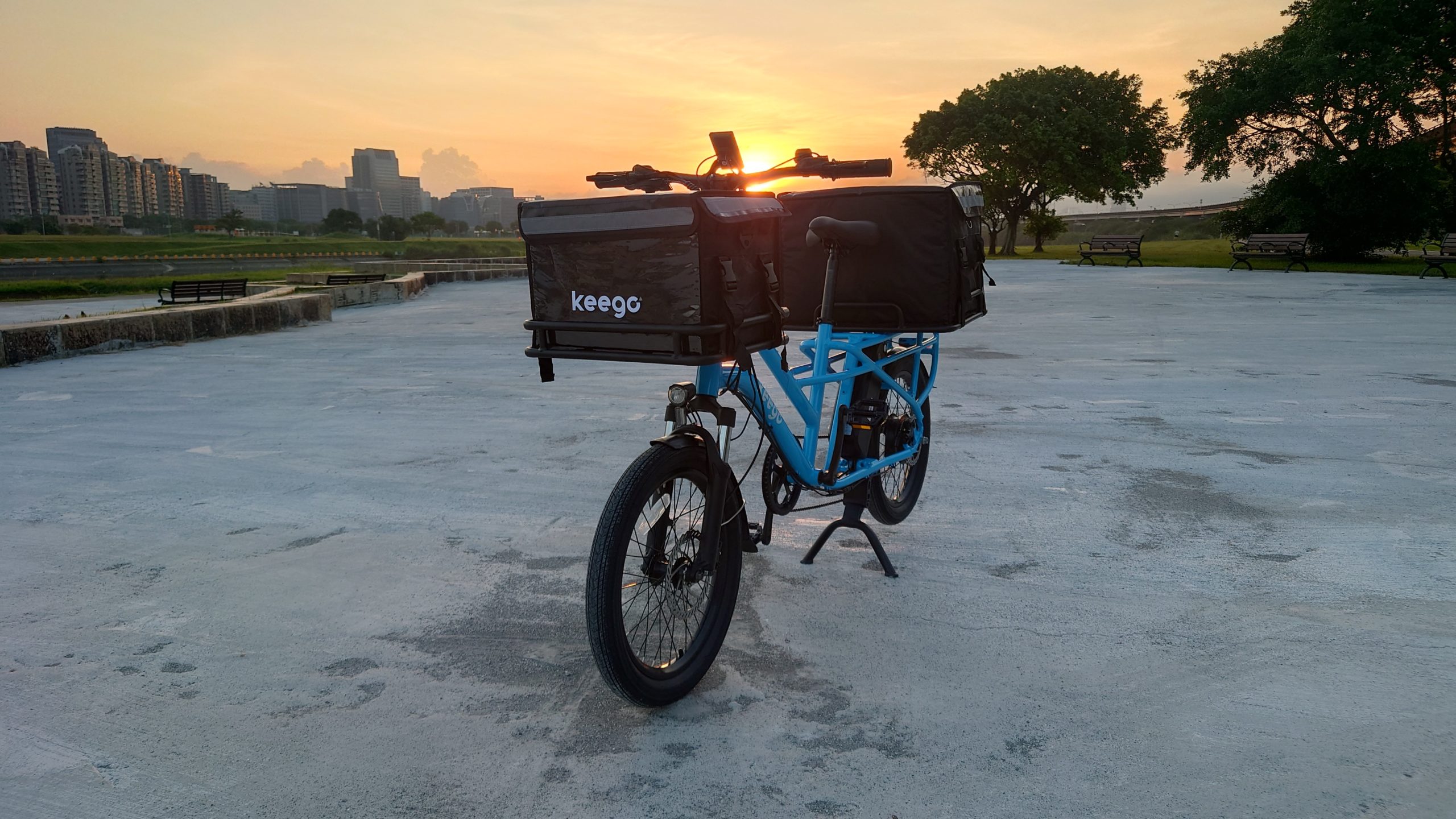As the pandemic broke out, delivery platforms also started growing exponentially and many people started to work as couriers. The development of brand-new types of industries is no doubt a sign of a new era. The rise of delivery platforms seems to be a win-win-win-win, not only can the delivery company make a profit, restaurants and couriers can earn money to live and customers can conveniently enjoy their food at home. But among all the positives, with most couriers being independent contractors or Gig workers, voices are being raised saying that the labour rights of the couriers are being neglected. The EU has started to write new laws demanding that delivery companies treat couriers as employees instead of self-employed. At the end of December 2022, when the EU announced new draft labour rules, proponents of the gig economy protested. Is the new proposal a safeguard for gig workers or a knife ending the development of a new and important economic model? We’ll look at this from a few perspectives.
Nothing comes for free. Who is going to pay?

As per the announced proposal, delivery companies are the first to be impacted. As an employer, companies would have to spend more on couriers’ minimum wage and other fees such as labour insurance, sick leave, and overall administration costs, this would no doubt bring new pressure on delivery companies. To break even, they might decrease the demand for couriers, cut their salaries, or raise the delivery fee. In this case, it may cause some of the couriers to lose their job, and they might lose customers due to the higher price, starting a downward spiral.
Alternatively, some argue that making gig workers become employees will remove the supposedly good parts of the gig economy, namely set limits to their flexibility, and they will have to follow the delivery company’s direction on how to deliver, which path to go, when to work etc.

Zipping in and out the street. Who can protect their rights?

So if the new law will cause so many problems, why should we make it? Critics of the gig economy say that couriers rarely enjoy any guarantees and that they’re facing great risks every moment on the road. Since they are not the employees of the delivery companies, they could not even have the basic rights and protection that labourers have. When facing layoffs or occupational accidents, they have no compensation. And as delivery companies compete on price and the pay-per-order bonus is being reduced, couriers have no choice but to work longer hours or try to deliver more orders just to earn a livable salary. When in a rush, accidents happen more often. Therefore, it is very important to offer couriers at least basic workers’ rights.

New Generation, New Definition

New technology and economic models lead to the need to adjust laws and regulations. Facing new problems, many governments have started a discussion to try to figure out the best way to embrace the good and the best of the gig economy while protecting this new type of worker.
In the traditional definition, workers are usually divided into employees and self-employed, but with the development of technology, new types of jobs appear, and there is more space on the labour spectrum. Germany, for example, has defined a new type of worker which is between employees and self-employed that they call quasi self-employment, people who are contractually self-employed but 50% of their income is from one and the same entity.
Although the definitions differ in each country, the concept is actually much the same. The question is, does the new concept really solve the problem? The answer is uncertain. As we mentioned before, the biggest problem these gig workers face is that they don’t have the basic insurance that other workers enjoy. Even though they have a new ‘name’, they can still get nothing before the law is legislated. In Germany, they are now so called quasi self-employed; in California, USA, the employers take the responsibility to prove that a worker satisfies all the three conditions of the Assembly Bill No.5*; and in Australia, they now tend to extend all the rights that employees have to all the workers. And maybe this is the only way that all the gig workers can get more complete assurance.

Safe and Sound

Another part of workers’ rights refers to a safe and secure work environment. More and more delivery companies and their support structures are realizing that the couriers deserve and should have safe working conditions. For example, Keego is working with our customers and partners to set up Courier Hubs in Stockholm and other cities to provide a place where couriers can park and charge their ebikes in a safe way. The same facility will be able to offer maintenance from qualified mechanics. And last but not least, the facility will also offer creature comforts like toilets, showers and lockers where private belongings are safe while they work.
The ebikes are also important. They should be professional grade vehicles, built to last the 80-120 kilometers many couriers travel in a daily shift. They have to have functioning quality lights, reflectors and bells so they are safe among other traffic. And fundamentally, an ebike will not spew out pollution that harms the courier and the rest of us.
The EU and other jurisdictions making new rules about the gig economy is definitely something worth focusing on. Though there is both support and backlash towards the new rules, after all, it is a positive thing to value gig workers’ worker rights. As for the effects after the rules start to work, it is something that still takes time to observe.


*According to the “Assembly Bill No.5 (also known as gig worker bill)” legislated by California
parliament in September 2019, a worker will be considered an employee unless the hiring entity satisfies all three of the following conditions.
1. The worker is free from the control and direction of the hirer in relation to the performance of the work, both under the contract and in fact;
2. The worker performs work that is outside the usual course of the hirer’s business; AND
3. The worker is customarily engaged in an independently established trade, occupation, or business of the same nature as the work performed for the hirer.



